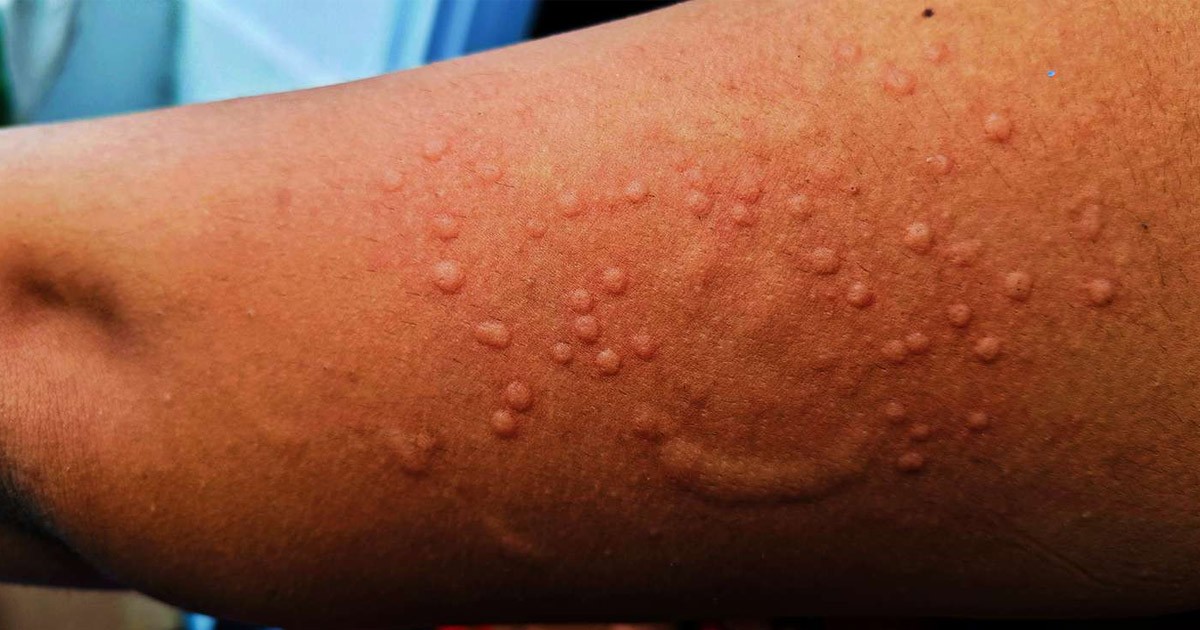
Mpox, previously known as monkeypox, is a viral disease caused by the monkeypox virus, which belongs to the Orthopoxvirus genus. The World Health Organization (WHO) recently declared mpox a public health emergency of international concern due to a surge in cases, particularly in parts of Africa.
Causes
Mpox is caused by the monkeypox virus, which is closely related to the smallpox virus. The virus is primarily transmitted to humans from animals, such as rodents and primates, but human-to-human transmission can also occur. This can happen through direct contact with bodily fluids, respiratory droplets, or contaminated materials.
Symptoms
The symptoms of mpox typically appear within 1-21 days of exposure and can last for 2-4 weeks. Common symptoms include:
Rash that progresses to pustules and scabs
Fever
Sore throat
Headache
Muscle aches
Back pain
Low energy
Swollen lymph nodes
Cure and Treatment
There is no specific cure for mpox, but treatment focuses on alleviating symptoms and preventing complications. Antiviral medications, such as tecovirimat, may be used in severe cases. Supportive care, including hydration, pain management, and treatment of secondary infections, is crucial4. Vaccines developed for smallpox, such as JYNNEOS, have shown effectiveness in preventing mpox.
Prevention
Preventive measures include:
Avoiding contact with infected animals and people
Practicing good hygiene, such as regular handwashing
Using personal protective equipment (PPE) when caring for infected individuals
Vaccination for those at high risk
How Worried Should People Be?
While mpox can cause severe illness, especially in immunocompromised individuals, the general public should not panic. Awareness and preventive measures can significantly reduce the risk of infection. The WHO and other health organizations actively monitor the situation and provide guidelines to control the spread.
Mpox is a serious disease, but its impact can be mitigated with proper precautions and awareness. Stay informed, practice good hygiene, and follow public health guidelines to protect yourself and your community.
